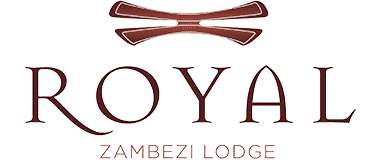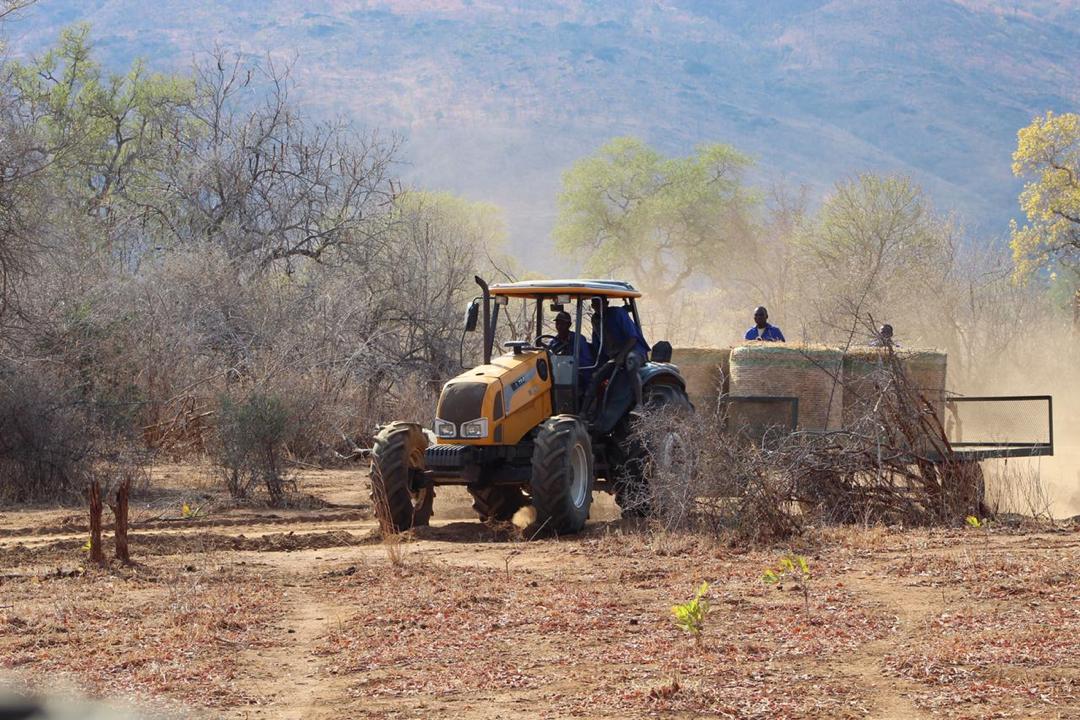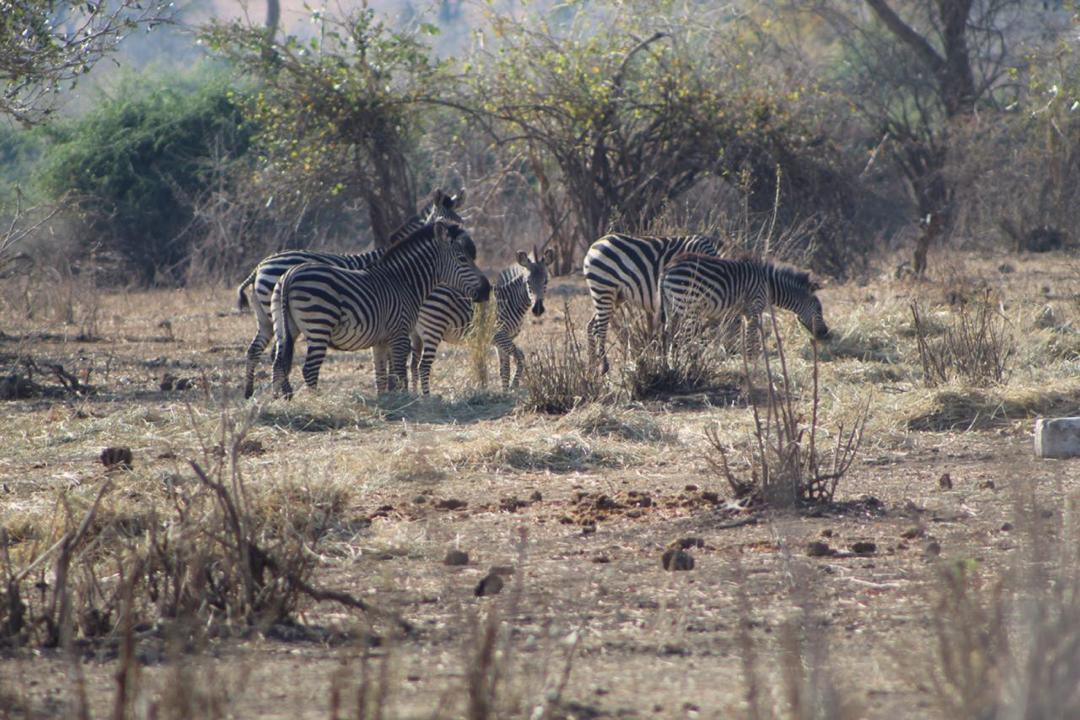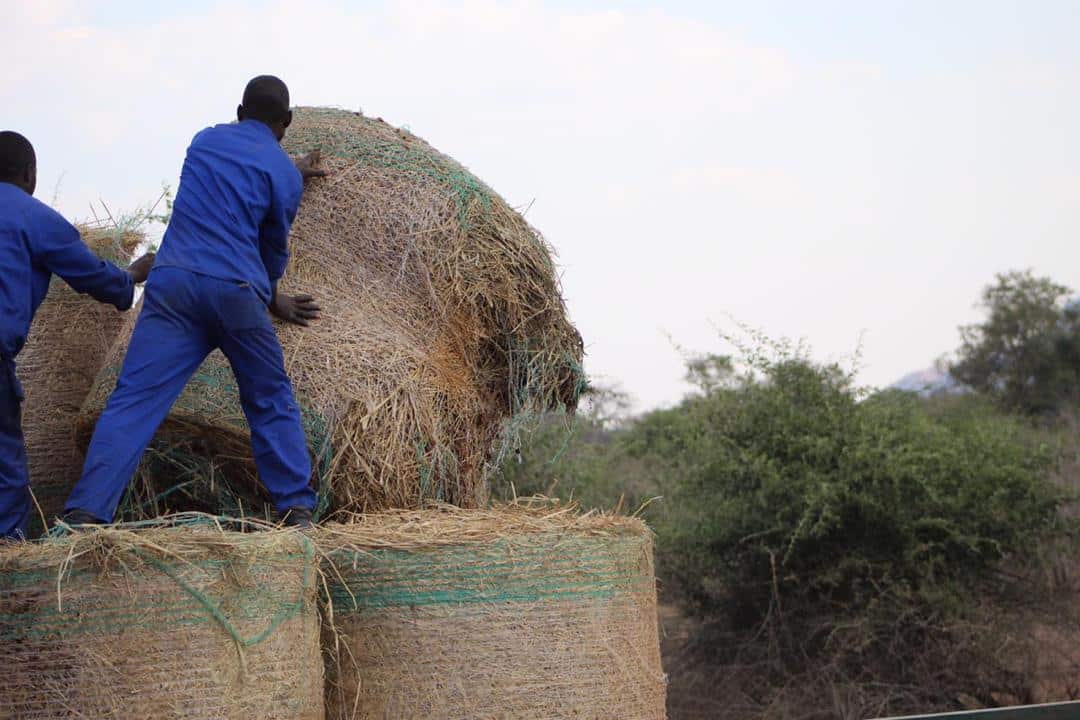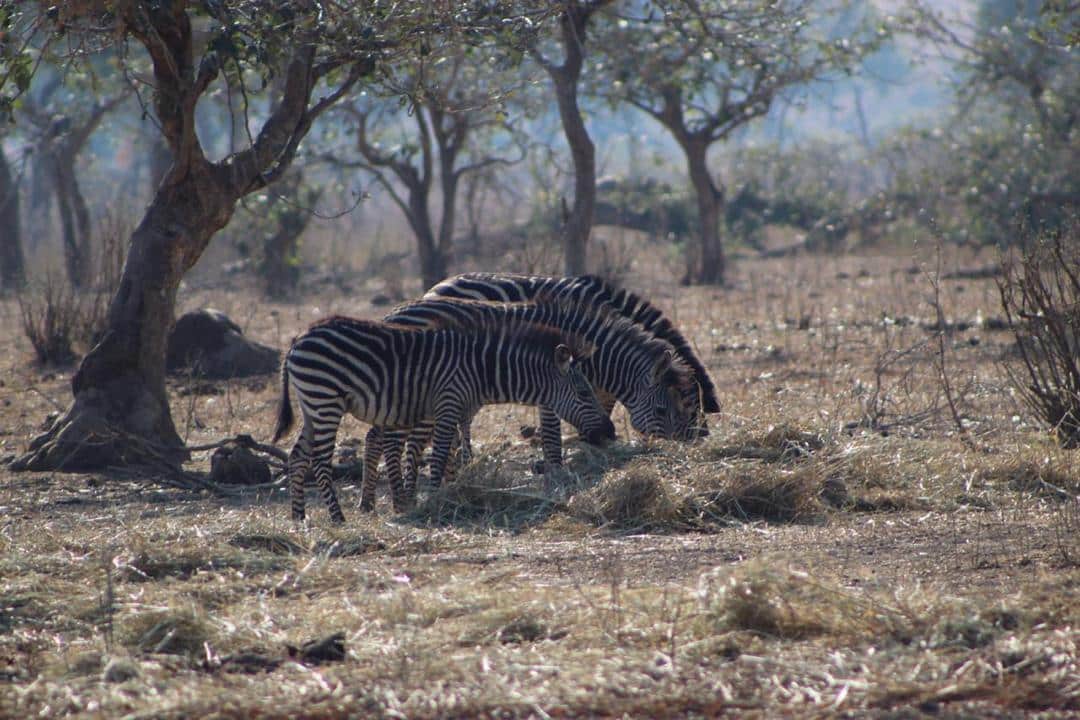Royal Zambezi Lodge (RZL) in Zambia’s Lower Zambezi has recently joined hands with First Quantum Minerals Ltd. (FQM), Zambia’s largest overseas investor, to provide fodder and salt licks for the herbivores in the Country’s Lower Zambezi protected areas.
As the recent drought and lowest river level in many years show signs of wreaking havoc with animal populations, at RZLs suggestion FQM has stepped in to add a further helping hand to its already diverse range of Corporate Social Responsibilities (CSRs).
RZL adopts a three-tier safari approach with the view of offering support in wildlife preservation, community engagement/development and conservation education, ensuring these practices are at the core of their operations. In line with this, FQM takes its social responsibilities very seriously and believes that anything that boosts economic growth should be soundly supported, and in doing so, social problems will be minimised. Their economic development programmes among many others include such diverse investments as high-quality housing, building and running primary and secondary schools, farms and support for the National Soccer Team. They are a shining example to all large corporate investors.
Zambia is rapidly becoming one of Africa’s more successful and valuable tourist destinations in terms of pristine wilderness and diversity of species with RZL as one of its more enthusiastic participants. The sector as an employer ranks highly after mining and agriculture, so FQMs timely intervention in Lower Zambezi is more than appropriate.
Royal Zambezi Lodge has already invested in a 6-kilometre pipeline to take water from the Zambezi River to the interior, mainly when smaller rivers dry up. This project has succeeded in reducing game populations on the river bank where erosion can be exacerbated through overgrazing.
